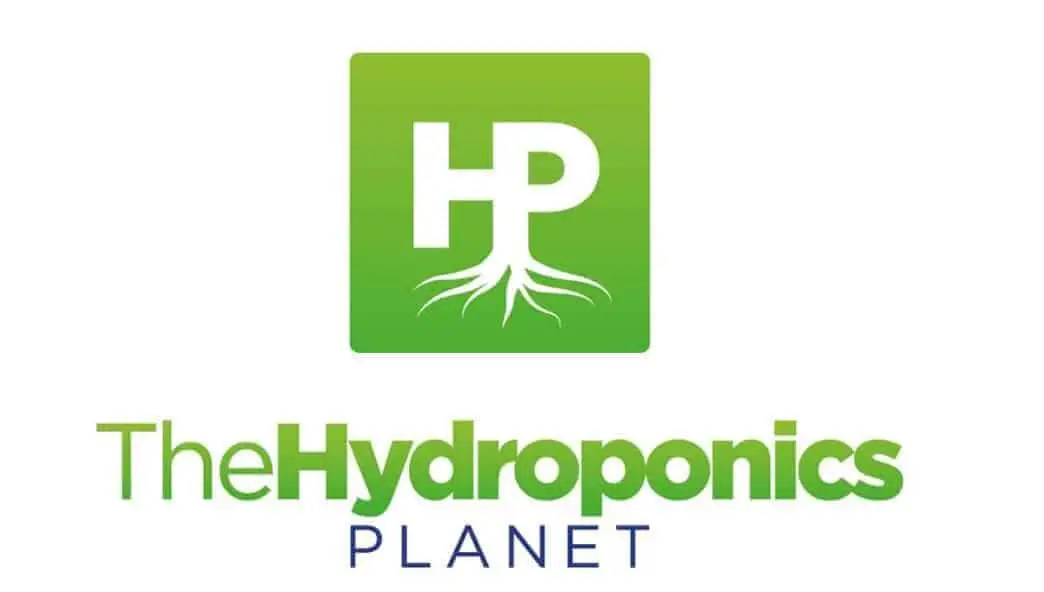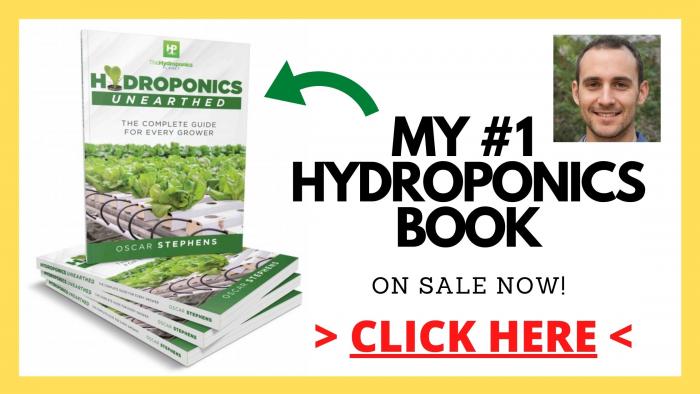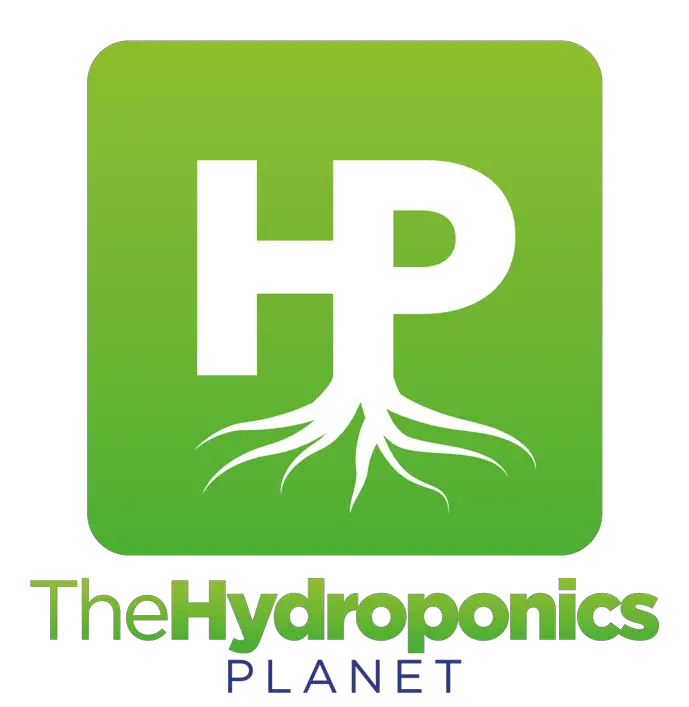For centuries, people have been growing crops in soil. But what if there were a way to grow plants without using any soil at all?
That’s where hydroponics comes in. Hydroponics is a method of growing plants in water infused with nutrients. This type of gardening has many benefits, including the fact that it takes up less space and uses less water than traditional methods.
Plus, you can control the nutrient levels in the water, which means you can tailor them to the specific needs of your plants.
But before you start growing onions in hydroponics, there are a few things you need to know. First, you’ll need to choose the right hydroponic system for your needs.
There are many different types of hydroponic systems, but the most critical factor in selecting the best method for onions is the size of the growing space.
Second, you need to choose the right type of onion for your system. There are many different onion varieties, and each has its unique flavor and texture. Select a combination that will do well in your particular system.
Finally, it would help if you considered factors like light, nutrition, and temperature so you can provide the right environment for your onions to thrive.
In this article, we will share the things you need to know about how to grow onions in a hydroponic system. We will discuss the best hydroponic systems for onions, the ideal growing conditions, and the best tips and tricks for successful onion cultivation.
By the end of this article, you will know everything you need to grow your delicious onions at home.
Do onions succeed in hydroponics?

Onions are a type of vegetable that can be grown using hydroponics. This method can provide several benefits for onion growers, including a reduced risk of pests and diseases and the ability to control the nutrient levels in the growing medium.
Additionally, onions can be harvested more frequently when grown using hydroponics. However, this method also has some challenges, such as the need for frequent monitoring and adjustment of the nutrient solution.
Overall, onions can be successful when grown using hydroponics. Still, it is essential to consider both the advantages and disadvantages of this method before deciding whether or not to use it.
The best variety of onions for hydroponics

To get the largest onion possible, select a variety that is well-suited to the conditions. Here are the best types of onions for hydroponics.
Texas Super Sweet
When it comes to onions, there are many different options to choose from. But if you’re looking for a sweet and juicy onion that packs a real punch, then you’ll want to check out the Texas Super Sweet onion.
This variety of onions is well-known for its large, yellow sweet onion with a slightly flattened shape.
The Texas Super Sweet onion is also incredibly versatile, making it an excellent choice for everything from salads to stir-fries. Although it matures slightly slower than most short-day varieties of onions, its size and taste are worth the wait
Green Onions
Green onions are similar in appearance to chives and garlic. It is straightforward to produce hydroponically, so they’re so popular. Green onions require a well-balanced nutrient solution and should be given plenty of light.
They can be harvested when the green tops are about 6 inches long. This variety is the quickest-maturing onion you can cultivate in a hydroponic system as they usually mature in 21 to 30 days.
Sweet red onion
As the name implies, this type of onion is lovely, and it has a deep red color that makes it quite beautiful as well. But beyond its appearance, the sweet red onion is also an excellent choice for hydroponics because it is straightforward to grow.
This onion variety is very tolerant of different growing conditions, and it produces a large number of onions per plant. In addition, the sweet red onion stores well, so you can enjoy your crop for an extended period.
Choosing the correct hydroponics system

While different types of hydroponics systems are hydroponics systems available, you can always choose the best one for you. Here are the factors that most plant enthusiasts consider in selecting their hydroponic system.
Substrates
A substrate is a substance you’ll use to secure your plant’s roots in a hydroponic system. Because hydroponics does not utilize dirt, you’ll need to use an inert material that can retain moisture, promote aeration, and provide support.
Some of the substrate types available are coconut fiber, peat moss, oasis cubes, clay pebbles, lava rocks, and grow stones.
Nutrients
In hydroponics, the right nutrient mix is critical. Because there is no soil, the plants rely on you to deliver what they require to live. You may produce your nutrients but make sure to research how to do it, or you can purchase the commercial ones.
Maintenance
To ensure that your nutrient solution is appropriate for your plants, you’ll need to test it frequently. The pH of the nutrient solution affects how well the plants absorb nutrients.
You’ll also want to keep a close eye on oxygen and temperature levels. Some systems need you to replace the water, maintain equipment, or regularly clean to prevent mold or parasites.
When selecting a hydroponic system, consider how much time and effort you devote to maintaining it.
Select an appropriate hydroponic system for onions

There are many different types of hydroponic systems, and the best one for onions will depend on several factors like space, climate and your needs and goals.
Nutrient film technique
This type of hydroponic gardening is particularly well-suited for growing onions. In an NFT system, plants are grown in long, shallow channels that are slightly tilted so that a thin film of nutrient-rich water can flow evenly over the roots.
The constant supply of moisture and nutrients helps onions increase and become strong, and the lack of soil prevents many common pests from getting a foothold.
If you use this hydroponic, ensure proper spacing between the onion bulbs so that they won’t compete for light once they become tall. The correct spacing is 2 feet between two onions.
Perhaps best of all, NFT systems are relatively simple and inexpensive, making them an excellent option for exploring hydroponic gardening.
Deep water culture
In deep water culture, plants are grown in a container of nutrient-rich water. The roots of the plants are suspended in the water, allowing them to access the nutrients they need to succeed.
This gardening method is relatively simple and does not require a lot of expensive equipment. It would help if you had a container, a grow light and a pump to circulate the water.
Deepwater culture is also very efficient since there is no need to worry about watering or fertilizing the plants.
Kratky method
Unlike other hydroponic techniques, the Kratky process does not require a constant supply of water or nutrients. Instead, the plants are grown in a water container and allowed to wick up the moisture they need.
To set up a Kratky system, you will need a container, such as a plastic bin or bucket, and some growing media, such as gravel or hydroton balls. You will also need an air pump to keep the water oxygenated.
Once the system is set up, you need to add water and onion seeds. The onion plants will grow in the water without additional nutrients.
Light requirements

Because hydroponic onions require adequate sunshine to germinate and develop properly, they must be exposed to enough of it. They need at least 12 hours of light or good health.
You’ll have to make arrangements for your hydroponics if you’re putting them indoors. If you’re growing plants in a container, ensure that they get enough sunshine. Otherwise, all of your efforts will be lost, since the plants will die without light.
Nutrient solution
The key to a good harvest is proper nourishment, but in the case of hydroponic onions, it’s better not to give them nutrients right away.
The embryo has enough food for the first few days for the developing seedling, and secondly, when nutrients are unavailable, the roots would grow longer in search of food.
When the root is formed, it will act as an efficient absorption system with more extensive and robust roots forming a foundation. Larger roots absorb many nutrients, resulting in excellent growth rates and yields.
The most important nutrient is nitrogen, but you don’t want to overdo it because the bulbs will have less foliage.
Temperature
Onions grow well in a temperature range of 65 to 70 degrees Fahrenheit. Providing the plants with a high temperature will aid in their growth and make them more resilient.
The crops that develop outside such limits will not thrive as successfully as they should.
How long will it take to grow onions hydroponically

It takes anywhere from 3 to 90 days to grow a crop of hydroponic onions, depending on the type of onions you are growing and whether or not you want to collect only the tops of the bulbs. The seeds of most onions will germinate in around 6 to 10 days.
Green onions, the quickest-maturing onion you can grow in a hydroponic system, take just 21 to 30 days to mature.
How to harvest hydroponic onions
Harvesting hydroponic onions is similar to harvesting conventional onions in a garden. Hydroponic onions are best harvested first thing in the morning.
If you see flower stalks emerging from the onions, it’s time to harvest them. The foliage on your onions should have turned yellow and fallen over when they’ve fully matured. To gather them, pull them out of the soil, and they’re ready to use.
Let your onions mature after harvesting before eating them. To achieve this, arrange them on a flat surface with adequate air circulation and cool temperatures. They will stay fresh for many months if kept in a crate or an old onion sack out of direct sunlight.
Conclusion
Now is the time to start growing your hydroponic onions. By following the tips we’ve provided, you can select the best system for your needs and create an environment that will result in healthy, delicious onions.
Remember to pay close attention to light, temperature, and nutrient requirements. If you provide your onions with what they need, you’ll be rewarded with a bountiful harvest.
Are you excited to get started?
We hope you are!
Hydroponics onions FAQs
What type of water should I use?
Chlorine-treated water is not advised, but chlorine should be removed from it before usage if you must use it.
The chlorine may be removed from the water by allowing it to sit for an hour or more before the chlorine dissipates. You can then utilize this water in your hydroponics system.
What are the common hydroponic onion diseases?
The most common diseases of hydroponic onions include White Rot, Basal Rot, and Fusarium yellows.
White rot is caused by a fungus that attacks the onion’s roots, causing them to turn white and eventually die.
A different type of fungus causes Basal rot, affecting the onion’s base, causing it to turn brown and rot. Yet another type of fungus causes Fusarium yellows, resulting in yellowing leaves and stunted growth.
These diseases can be controlled with fungicides, but the best way to prevent them is to maintain a healthy growing environment.
Is Air Circulation Important?
Since onions thrive in high levels of dampness, mold or germs may develop if air circulation around them is not adequate. Installing ceiling fans, exhaust fans, or floor fans can aid in good air circulation.





